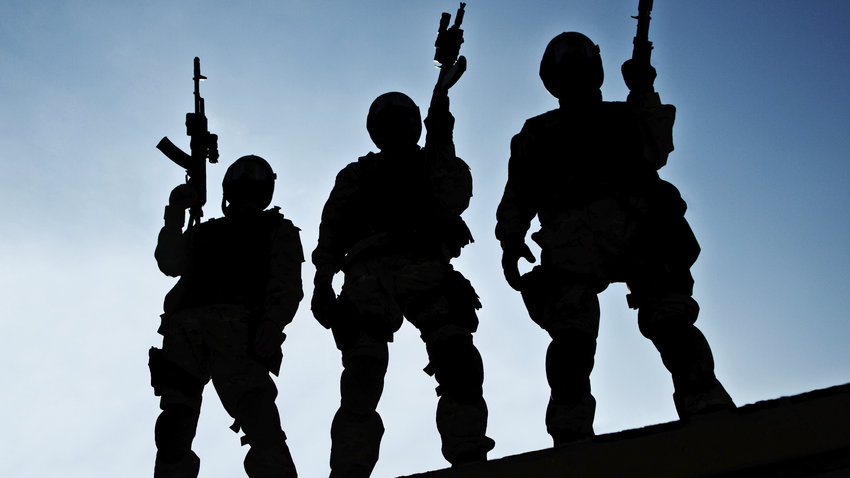
Shouldn't We Be Asking?
I don’t want to sound like the Apostle Paul, who couldn’t resist reminding his shipmates, “I told you so!” (see Acts 27:21). But last Sabbath in “Why I Believe We’re Running Out of Time,” we wondered together whether bloody terrorist attacks like the one in Paris can be the catalyst for setting our civilization up for strong, coercive, authoritarian control of the masses—as both Daniel 12 and Revelation 13 portend will happen just before the return of Christ. Clearly the only way a free society can prevent these random acts of bloody mayhem is if governments increase both security and surveillance. That’s common sense. However—and this is a huge “however”—increasing security and surveillance necessitates a concomitant abrogation or reduction of civil and personal liberties, the very values cherished in democratic societies (which explains last year’s hue and cry over Edward Snowden’s disclosures of the government’s secret tapping of cell phones and emails). But have you noticed—in a crisis such as France is facing, public outcry strangely diminishes. Why? Because the need for security/safety trumps the desire for freedom and privacy. Last Sabbath we noted that two days after the September 11 terrorist attacks in this nation 52% of Americans said they were willing to give up some civil liberties for the sake of national security. In the heat and fear of a crisis, people are willing to abandon long-held values, all for the sake of their safety. So who was surprised this week when the French Prime Minister “demanded tougher anti-terrorism measures Tuesday after deadly attacks that some call [France’s] Sept. 11—and that may already be leading to a crackdown on liberties in exchange for greater security” (South Bend Tribune 1-14-15 emphasis supplied). Precisely the point we made last Sabbath—crises have always been the catalyst for a radical redefining of what our essential liberties really are. Even religious liberties. Daniel and Revelation describe a global crisis-induced coercive authoritarianism that will one day command the masses to worship a church-state amalgamation (the same confederacy that reigned in terror during the Dark Ages)—all for the sake of collective security/safety. I repeat—all it will take to start the cascade of apocalyptic dominos is a massive crisis, national or global or both. And for the sake of security/safety (ostensibly for the preservation of “law and order”), even religion practice will eventually be dictated. So declares the Word of God. The point? The divine endgame is just a crisis away. So shouldn’t we be asking God for help now? Before the crises strike much closer to home? The church in Acts is a profound example of “united prayer” in the face of crisis. Prayers for divine deliverance, prayers for protection from government incursion, prayers for the salvation of the masses while the doors are still open, prayers for the coming of the Kingdom of Christ—surely it is time for us to be praying those same prayers together. “[Jesus’ promise in Matthew 18:19, 20—mark it in your Bible] is made on condition that the united prayers of the church are offered, and in answer to these prayers there may be expected a power greater than that which comes in answer to private prayer” (Manuscript Releases 9:303 emphasis supplied). An even greater power is unleashed when we pray together! So why not join a GROW Group and pray in a circle of new friends? Or form a band of your old friends. The key is praying together. If ever we needed “a power greater,” wouldn’t it be now?